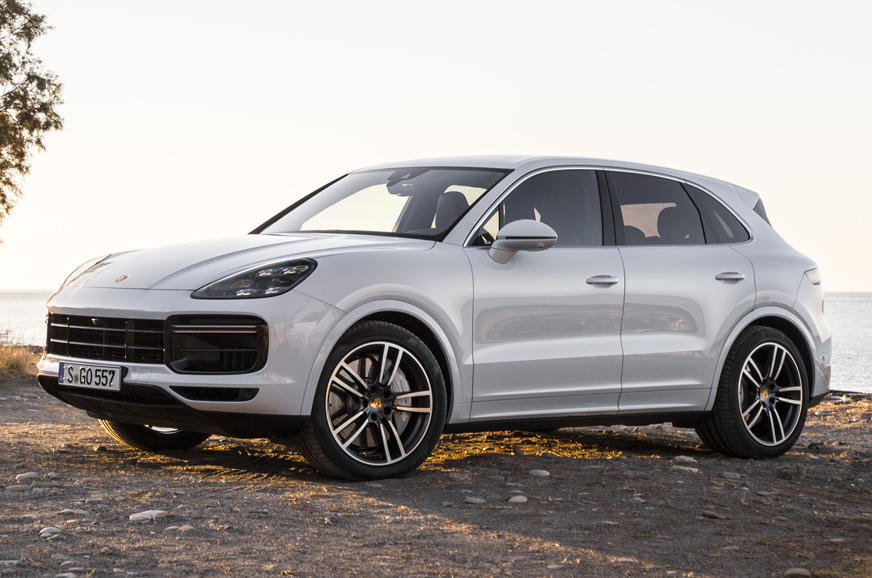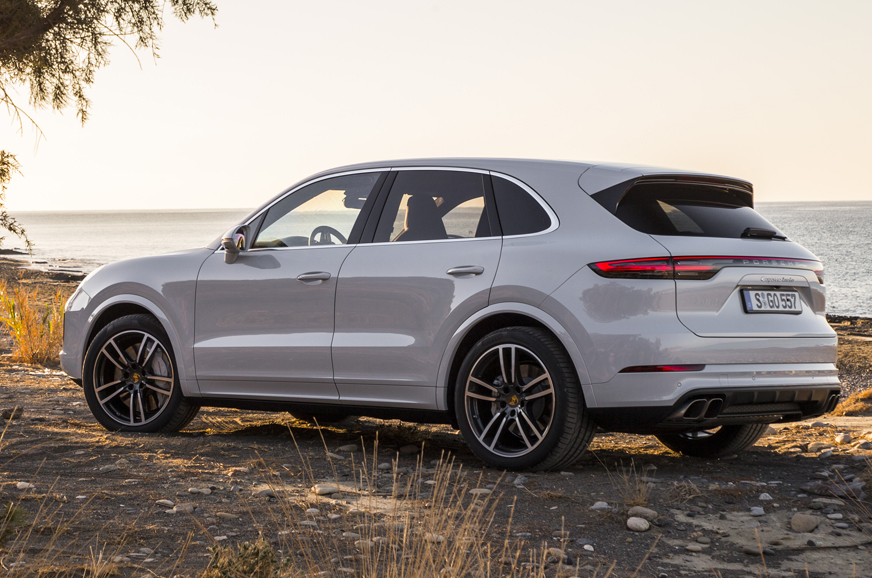BMW is in the final stages of testing the next-gen 3-series sedan. The company will take the fight to the Mercedes-Benz C-class by engineering its next-generation 3-series with an enhanced focus on comfort while retaining the dynamic prowess of its predecessor.
Although the 3-series stands strong as the brand's best-selling model, it's fallen short of the hot-selling C-class, which sold in 1,76,915 units to the BMW's 1,29,053 in 2017. As such, BMW engineers have been tasked with broadening the 3-series' reach.
The future version will therefore be offered globally with more variants, including new M-division fettled versions that come with generous boosts in performance.
Key to the expansion plan for the seventh-generation 3-series – set to arrive next year – is the addition of two new M Performance models powered by six-cylinder engines. In a strategy mirroring the one undertaken by BMW for the latest 5-series, the new M Performance variants will go on sale shortly after more mainstream versions of the new series are launched. The new derivatives will be offered as either petrol or diesel and will bridge the gap in the line-up that presently exists between standard six-cylinder models and BMW M’s range-topping M3.
BMW is pulling out all the stops to ensure the new 3-series (which goes under the internal codename G20) possesses the stylistic appeal, performance credentials, dynamic ability and overall technical prowess it needs to claw back the gains made by its keenest executive class rivals – most notably the Mercedes-Benz C-class, which officials have described to our sister magazine Autocar UK as the clear benchmark.
Prototype sedan versions of the new 3-series were spied testing on the roads around BMW’s engineering headquarters in Munich recently. These indicate it will continue the company’s tradition of evolutionary design change, with an appearance that leans heavily on that of the larger 5-series, while showing influence from the X2 SUV. The car has a more natural sporting stance to mirror the changes beneath.
Credit for the design of the new model rests with former BMW brand design boss, Karim Habib, who moved to Infiniti, last year.
As the first 3-series model to be fully honed in BMW’s Munich-based wind tunnel, the G20 is also claimed to match the aerodynamic efficiency of the 5-series. The most slippery body style is said to have a drag co-efficient of 0.22.
The new 3-series has grown in most key dimensions. Nothing is official, but Munich insiders suggest overall length is up by 60mm to around 4,703mm. Some 20mm of this is said to be concentrated within a lengthened wheelbase, which has increased to almost 2,830mm, up from 2,810mm. In comparison, the current C-class is 4,696mm in length and has a 2,840mm wheelbase.
The new 3-series is based on BMW’s latest CLAR (cluster architecture) platform – as used by all recent BMW models – and features a longitudinally mounted engine. In keeping with developments already seen on the larger 5-series, it benefits from a range of weight-saving initiatives, including the greater use of hot-formed high-strength steel within the main body structure, to cut the already highly competitive kerb weight of today’s sixth-generation model by up to 50kg, despite the larger dimensions.
The volume of 3-series sales rules out the use of carbon fibre, so there’ll be no Carbon Core structural developments like those seen on the headlining 7-series.
However, BMW’s body construction specialists suggest the G20 will feature a much larger number of cast aluminium components and a greater percentage of magnesium in load-bearing areas.
Together with the reduction in weight, the CLAR platform is also claimed to bring an improvement in structural rigidity that, in a move similar to that undertaken with the 5-series, forms the basis for a change in philosophy for the chassis tuning. Recognising a growing customer desire for additional ride comfort, BMW is looking to provide standard versions of the new 3-series with more compliant properties, in a move aimed at matching the smoothness of its key rival, the Mercedes-Benz C-class.
The next-gen BMW 3-series (G20) will replace the outgoing model (F30) which is on sale since 2012.





























